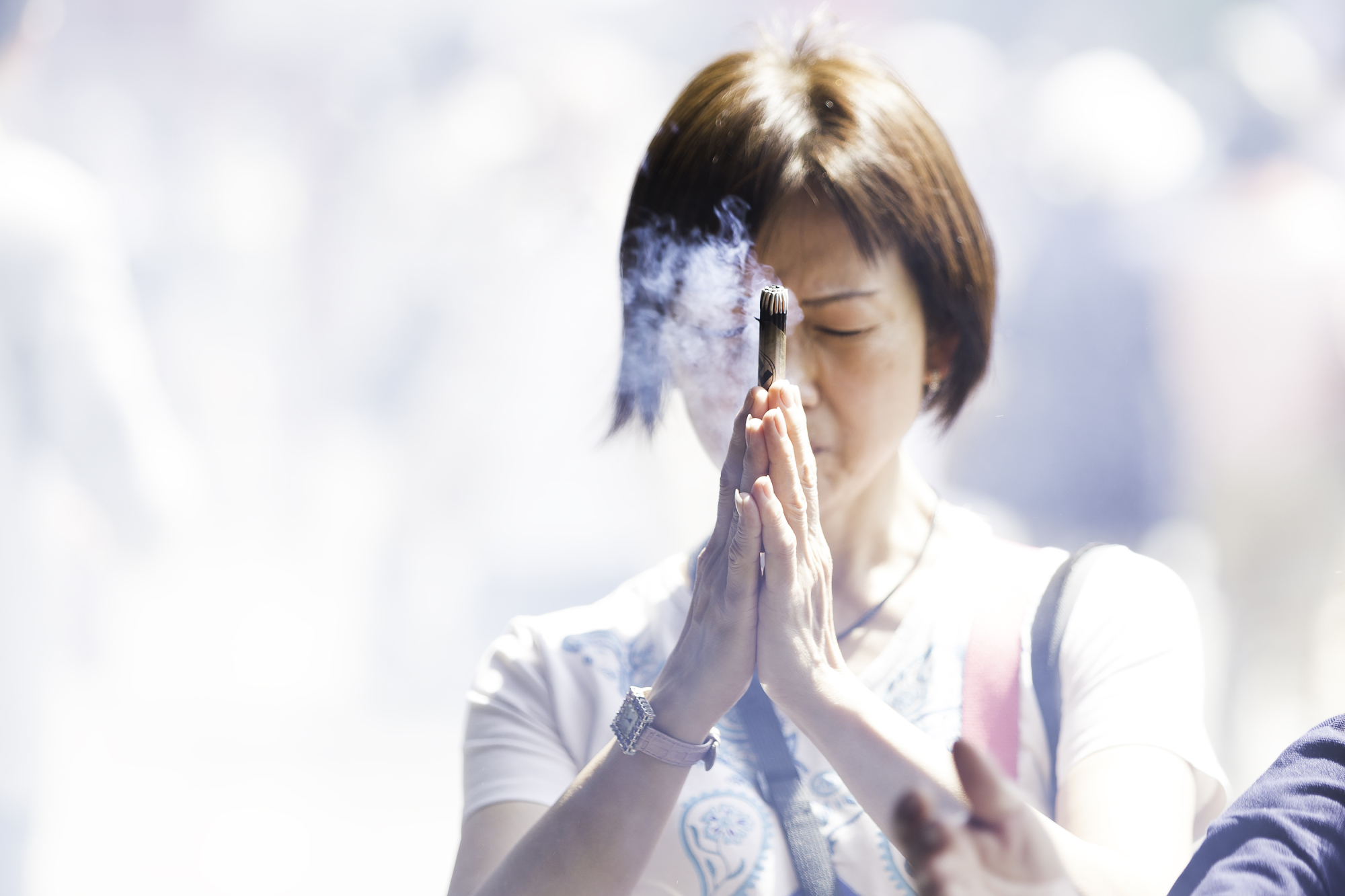“God, Buddha — where are they?” asks Aera magazine.
At the Cafe de Monku, is one answer. It's a good name for an establishment set up by monks for the airing of monku (complaints). Its very existence (in Hanamaki, Iwate Prefecture) is suggestive of a populist turn traditional religion has taken over the past few years. It didn't begin on March 11, 2011, but the cataclysms of that day — earthquake, tsunami, nuclear meltdown — certainly gave it impetus. Do monks and priests, intermediaries between humanity and god, demean themselves and their office by taking daily life seriously? In settled times, maybe; in catastrophic times, maybe not. And so a woman in her 70s, for example, seeks and receives priestly consolation at the cafe, soft jazz music in the background, for her broken-down washing machine — not that it's her only problem: She is one of 10,000-odd people in Hanamaki still stuck in temporary housing nearly six years after one of the most shattering days of modern times.
Among Aera's cluster of articles is one titled, "Do today's Japanese need religion?" Its author is the eminent novelist and essayist Hiroyuki Itsuki, who wrote in his 1998 nonfiction book "Tariki": "The troubles of daily life often attack in an uninterrupted flurry, one after another. ... Anxiety and restlessness, self-hate and unfocused anger, apathy and resignation, mark our days." We see at a glance that his is not a buoyant outlook. Tariki means "the strength of another." His point is that our own merely human strength (jiriki) is inadequate, given what we have to cope with.



